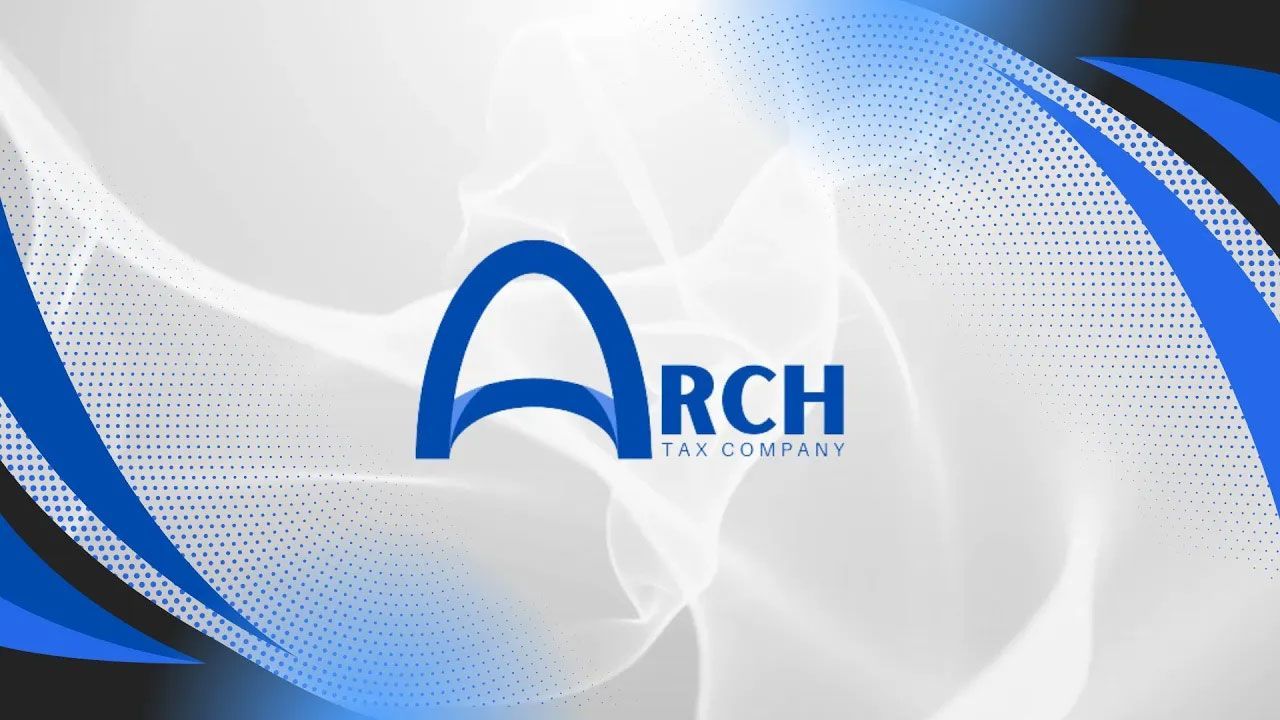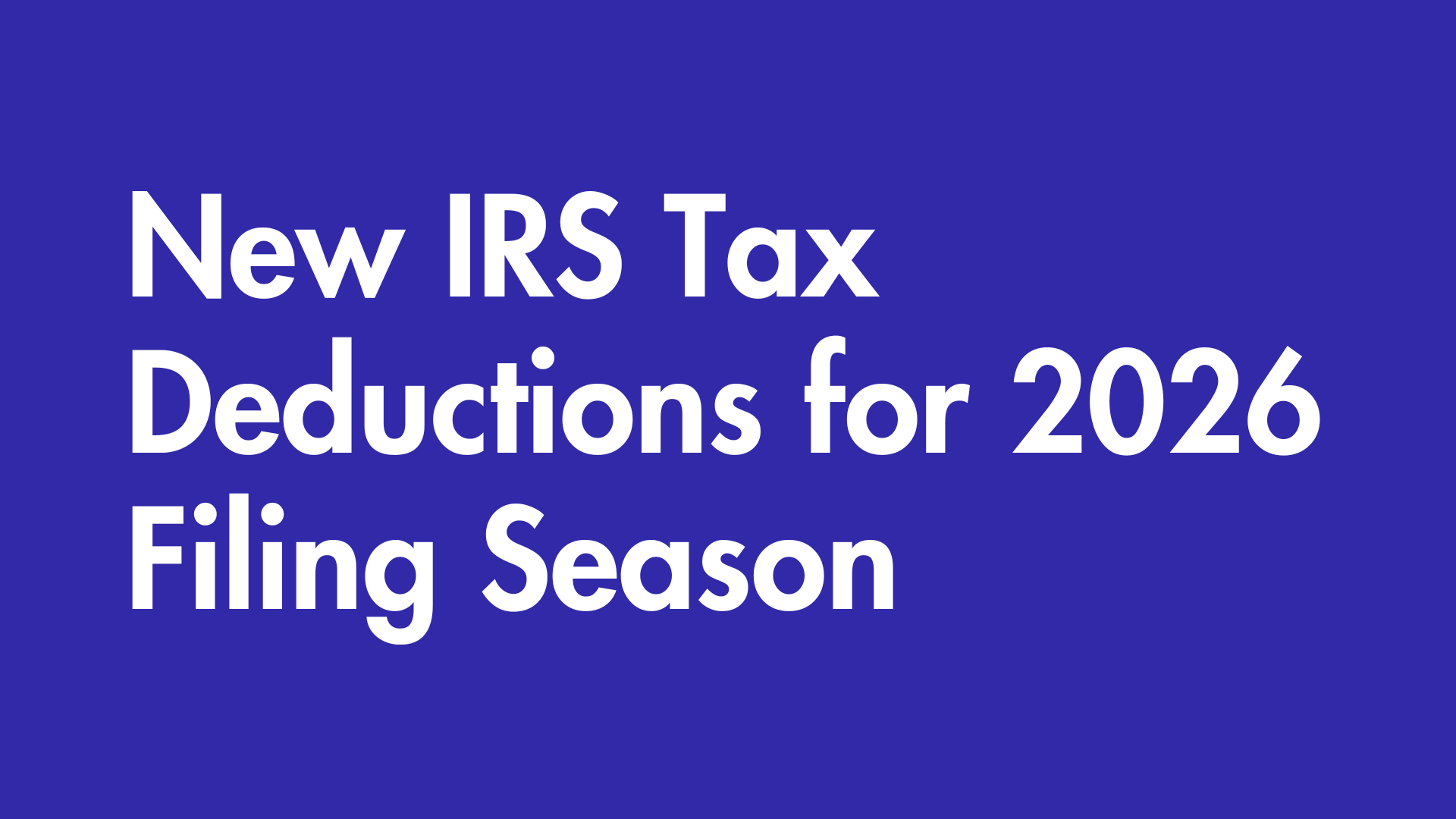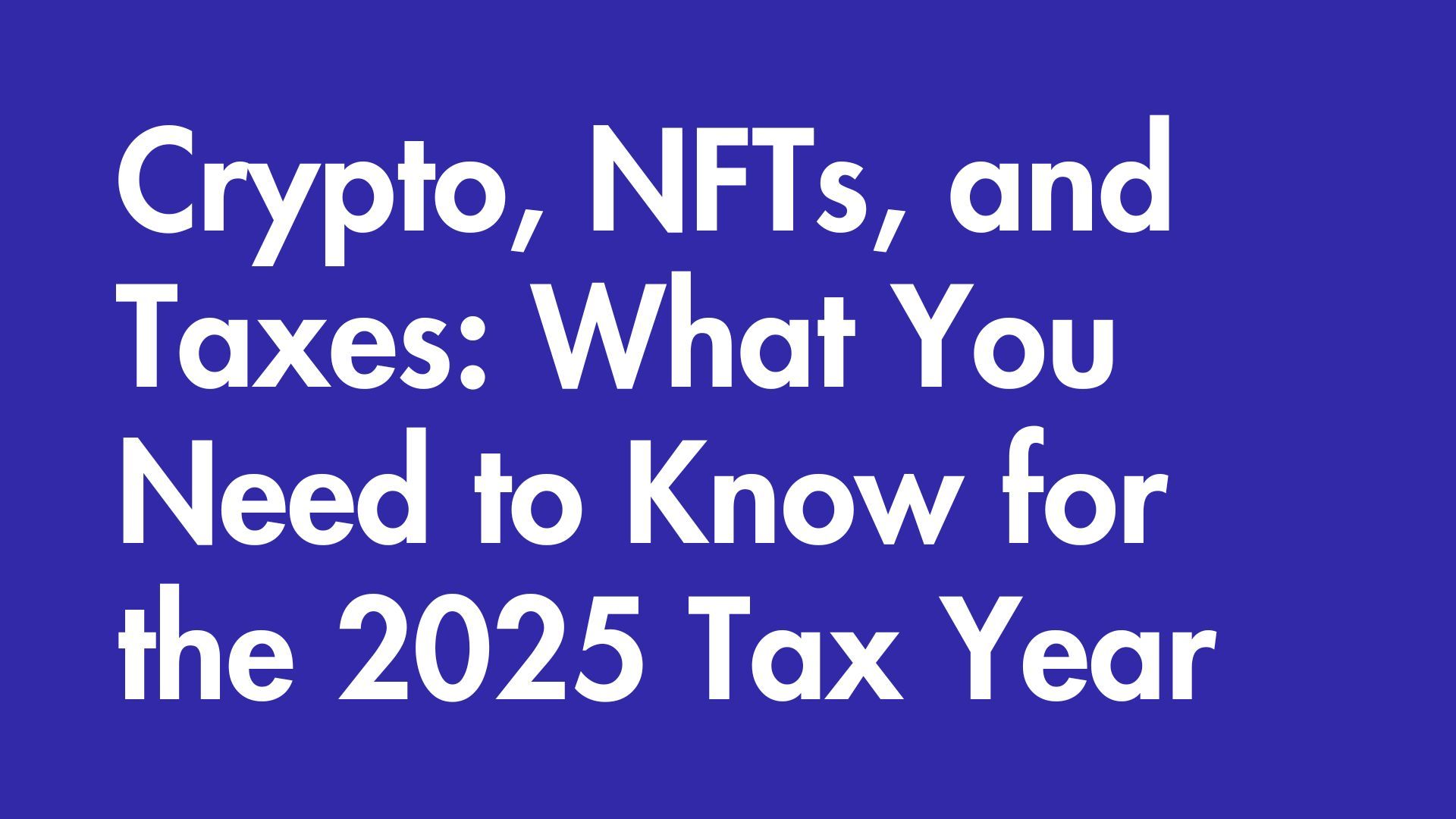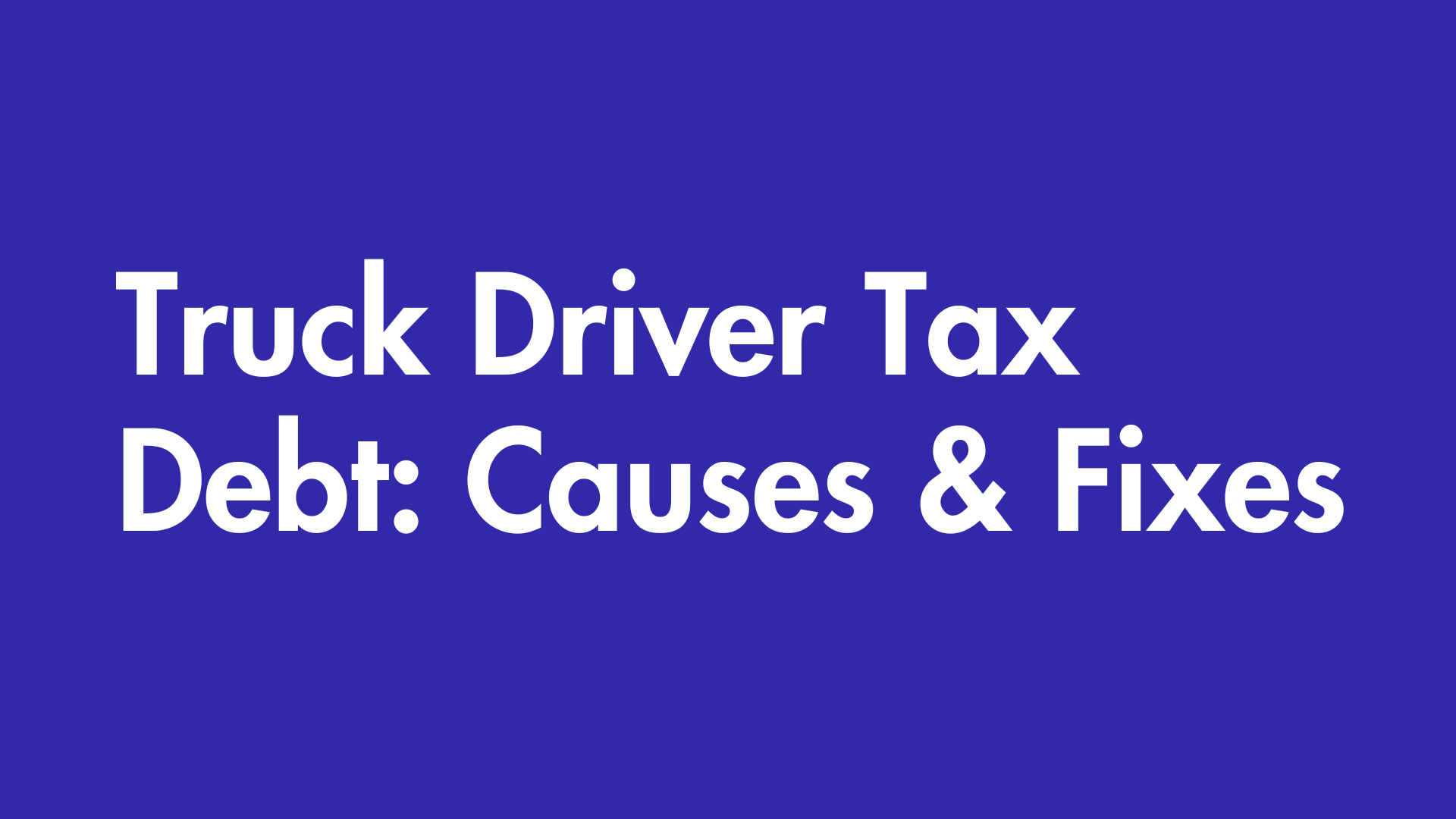What Happens If I Get Audited
Just hearing the word “audit” is enough to make most taxpayers break into a cold sweat. But what actually happens if you get audited by the IRS? Is it a nightmare scenario or something manageable with the right help?
At Arch Tax, we help clients navigate audits every day—with clarity, confidence, and a game plan. Here’s what you need to know about what happens if you get audited, and how we can support you through the process.
What Is an IRS Audit?
An IRS audit is a review of your financial information and tax return to verify that everything you reported is accurate. Think of it as the IRS double-checking your math… and your paperwork.
There are three types of audits:
- Correspondence Audit – Done entirely by mail. You send in documents to back up something on your return.
- Office Audit – You go to an IRS office to answer questions and provide documents.
- Field Audit – The IRS comes to you—either your home, business, or your accountant’s office.
Why Did I Get Audited?
Most IRS audits are triggered for a few common reasons:
- Reporting unusually high deductions for your income bracket
- Failing to report all of your income
- Random selection (yes, it happens)
- Math errors or discrepancies on your return
- Industry red flags (self-employed individuals and cash-heavy businesses get more scrutiny)
What Happens Next?
If you're selected for an audit, here’s what typically happens:
- You’ll Receive a Notice
The IRS sends an official letter outlining what they’re auditing and what documents they want. - You’ll Be Asked to Respond
You may need to mail in receipts, bank records, 1099s, or other documents—or attend an in-person interview. - They Review Everything
This can take weeks or even months depending on the complexity. - The IRS Issues a Decision
You’ll either receive a no-change letter (you passed) or a proposed change (you owe more). - You Accept or Appeal
If you disagree, you can appeal or go to tax court. This is where strong representation really matters.
Why This Can Be a Real Headache
Audits are time-consuming, confusing, and stressful. The IRS isn’t exactly known for clear communication, and one small mistake can lead to major tax bills, penalties, or worse. It’s easy to feel overwhelmed and vulnerable—especially if you try to go it alone.
How Arch Tax Helps You Through It
At Arch Tax, we do more than just file paperwork. We fight for you.
Led by licensed tax attorney Chad Dickinson, we specialize in audit defense, tax resolution, and IRS representation. Chad founded Arch Tax after seeing firsthand how big firms mistreat clients—overpromising, underdelivering, and using fear as a sales tactic. We do things differently.
Here’s what you get with us:
- A calm, step-by-step game plan so you know exactly what to expect
- Help gathering, organizing, and reviewing all documents
- Direct communication with the IRS so you don’t have to deal with them alone
- A personal advocate who truly understands tax law and negotiation
- Transparency, empathy, and no fear-mongering—just solid help
Don’t Face an Audit Alone
If you're wondering what happens if I get audited, remember this: it’s not the end of the world, but it’s not something you should take lightly either.
Arch Tax is here to help.
Whether you’ve already been contacted by the IRS or just want to be proactive, schedule a free consultation today. We’ll talk through your situation and show you what your options are—no pressure, just real help.
Call us or schedule a free consultation








